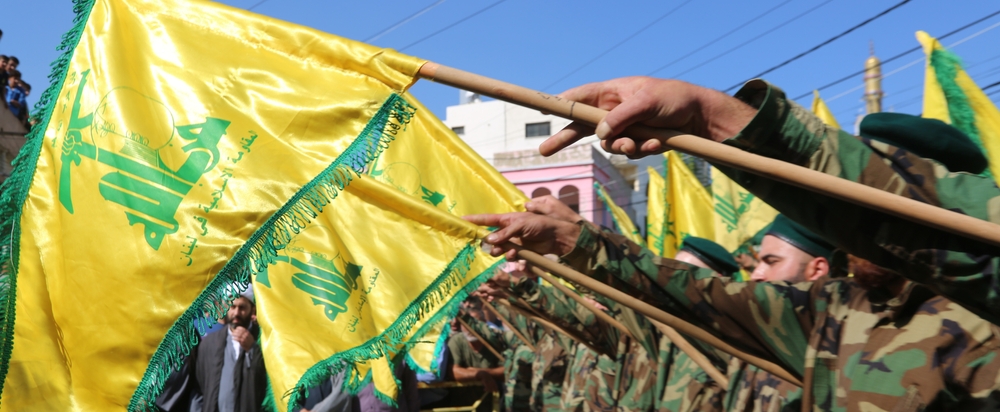There is a much abused word in politics, but one struggles to find a replacement because it still has the gift of synthesis and functionality: narrative. It is not a mere narrative, but an organization of signs that has symbolic value, which affects public opinion and conditions the media, which in turn are among the main shareholders of the narrative itself. In short, a complex structure, pulled too many times by the jacket by those who have to use it at the moment.
After this brief theoretical introduction we hope to be clearer when we say that, in Italy, the narrative of the poor Palestinian victims has now overwhelmed that of the poor Israeli victims in the Hamas terrorist attack. Not to mention the poor hostages still held captive, hardly anyone in the so-called Western sensibility cares about them. Over the weekend just past, the Pro Gaza marches returned, and by now all reasoning about the differences between the unarmed civilians and Hamas is skipped. Yet much of the world, including major diplomatic authorities such as the UN, does not recognize Hamas as a political entity, pointing out that they are terrorist-inspired movements.
The same thing is happening in these hours when the Northern Front has become dangerously inflamed with Hezbollah, which is actually not a party that won elections in Lebanon, but a military religious group that is an emanation of Iranian power. In the dominant narratives in Italy, Israel is now the villain and its infamous secret service, the Mossad, is a diabolical machine that kills everywhere in the World, not giving a damn about the side effects, namely innocent human lives. Even our politicians fall for it, and Conte, leader of the M5S, got public condemnation from the Italian Jewish community for downplaying, minimizing, turning off the seriousness of the Oct. 7 attack.
Criticism is the salt of democracy and should allow us to criticize Israel’s mistakes or excesses without fear, but woe betide us if we fall into the trap of “narratives” that basically aim only at the annihilation of the Middle East’s only democracy. Anti-Semitism is a virus of the West, not of the Islamic world, always quiescent and always ready to strike.
The article Middle Eastern Narratives comes from TheNewyorker.

